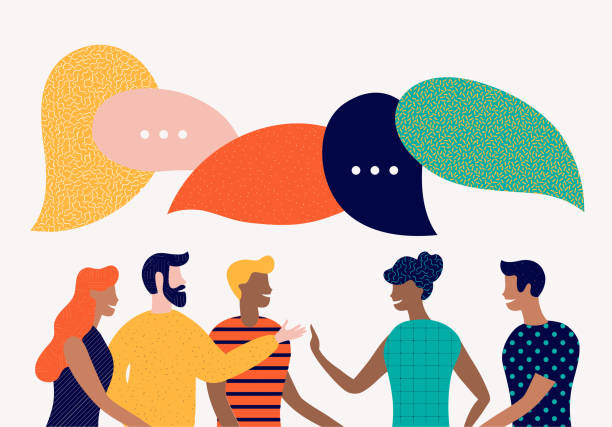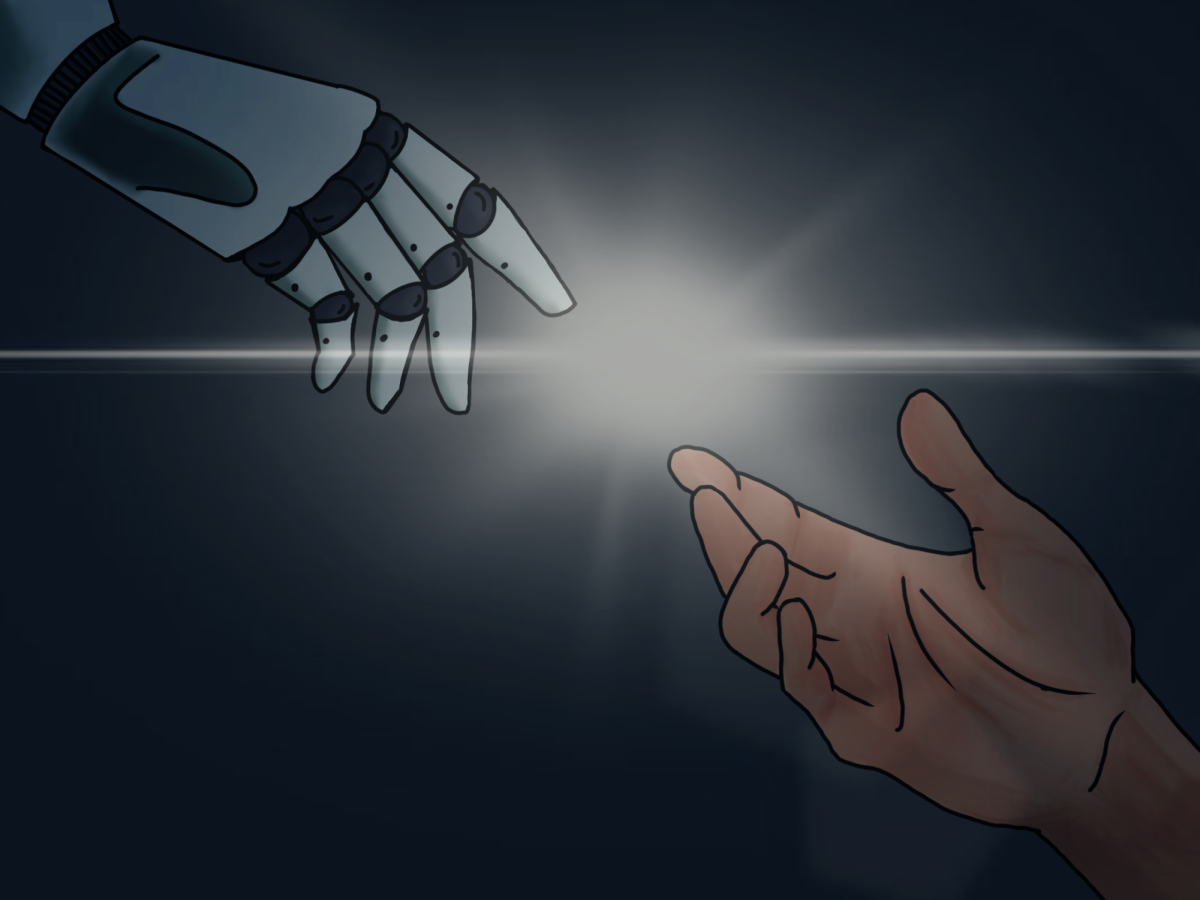Whether you’re trusting someone with your life or fighting that same person to the death, your survival is based on how you interact with other people. Understandably, as the history of social structures has gone on, that level of communication has evolved: from the Silk Road centuries ago to an Instagram story posted yesterday, people have generally found easier ways to connect with one another. This can’t be a bad thing, can it? Students learn from experienced veterans, entrepreneurs have a livelihood with connections, and politicians confidently reach voters. Alas, despite all the good that the newfound social interconnectedness brings, there are many negative aspects of the contemporary links between people, particularly regarding the younger generation. It is a fact that higher concentrations of interrelationships cause higher anxiety and platforms for bullying—and more than anything, the new generation is facing a poor introduction to sociality. As a society, we must fix the problems with communal aspects so the future is free to grow up with strong relationships instead of relationships devoid of soul.
Everyday anxiety is caused by stress and schoolwork, drilling the feeling of dread into your brain. But this is more individual-based—why does it impact social relationships?
Overthinking is generally rooted in embarrassment: instead of trying something new for the first time and making a fool of yourself, you’d rather take the safe approach and think it through first! The same can be said for relationships. Talking to a friend about something that resonates with you can be rewarding but scary. “What if I say the wrong thing? What if they don’t like what I like? What if they make fun of me?” These paranoid thoughts are completely valid, but they also restrict the amount of first impressions one can make—something imperative to personal growth. Socially, hiding your true feelings from friends because you’re worried about what they might think will cause a rift, leading to loneliness and hurting your overall self-esteem.
The birth of this self-consciousness has widely risen from within the recent generations, where judgments and discriminations run amok. Particularly, members of the younger generation face isolation and screen-dependency due to anxiety from social confrontations, but they can’t be alone their entire lives. At least some social skills are needed to survive in the modern world, which needs to be developed through the absence—not abundance—of anxiety.
Another grim aspect of stronger concentrations of social activity is the bullying of predominantly young children through various platforms, including social media, online games, or even in the park. During the pre-smartphone era of the world, it was conventional to leave children alone for most of their uneventful day, perchance at the park or even a busy street. So, why the change to Life360, constant parental oversight, and “bullying is bad” protests? The reason is, simply, danger! Again, a problem occurring recently, bullies have come more so to light now than ever before. A controversial instance of cyberbullying was the popular online game Roblox, which was rooted in students creating avatars to mock classmates. A similar situation occurred on a well-known platform: Instagram. There was a barrage of posers acting as other people to tarnish their reputation on the social media platform. Such forms of bullying were not there previously, substantiating the claim that higher social media user activity facilitates such egregious actions. Bullying can be detrimental to someone’s self-esteem and cause even more anxiety. Bullies often grow up feeling violence is the correct answer or that they are better than the people they make fun of. This virulence can’t be the future for humankind.
Anxiety and bullying—what a deadly combination. Bullying and prejudice cause anxiety, which leads to a shattered potential for personal progress. What do you think children will absorb from that cynical relationship? They’ll have poor personal values with a low chance to evolve past them, and forget about the social implications! They will grow up feeling communication with other individuals can only be a bad thing. Psychologist Jean Piaget defines the preoperational stage as an integral part of the development of a child, where they still retain egocentric thinking and overgeneralizations. When an egocentric child who generalizes things from their point of view immerses themself in the negativity of social communication, they are going to want to stay away for a very long time. As a kid, I once had a poor taste in my mouth from eating grapes. Even today, I stay away from those god-awful colorful balloons of gloom, meaning my generalization of grapes has stuck over all this time. Now take that principle and apply it to the most significant aspect for all of humanity—social interaction. If kids grow up dreading or even fearing talking to someone else, there won’t be an operational world to grow up to.
Communication exists as an impeccable tool for humans, yet is constantly abused for cruel reasons, thereby leading to certain measures restricting it alongside outcries against it. But, for all the bad it creates, without it, the world would not be the same. Talking to someone else can be liberating, helpful, therapeutic, and even life-saving. The entire bunch shouldn’t be ruined just because of a few bad apples. So, we need to take the appropriate steps to keep social interactions safe for children. With thoughtful measures like promoting positive role models and monitoring digital interactions, we can help the next generation thrive in a world built on healthy communication. The future depends on it. There will be things that are out of a guardian’s control. Online predators and in-person bullies are hard to overcome if you’re not there. But you can control the response. There is a necessity for the increased social interaction to be ‘good’ because the alternative is fatal to our community. So, what we can ensure happens is to keep the negative aspects at bay so that the future of our world can enjoy communication at its peak.






































